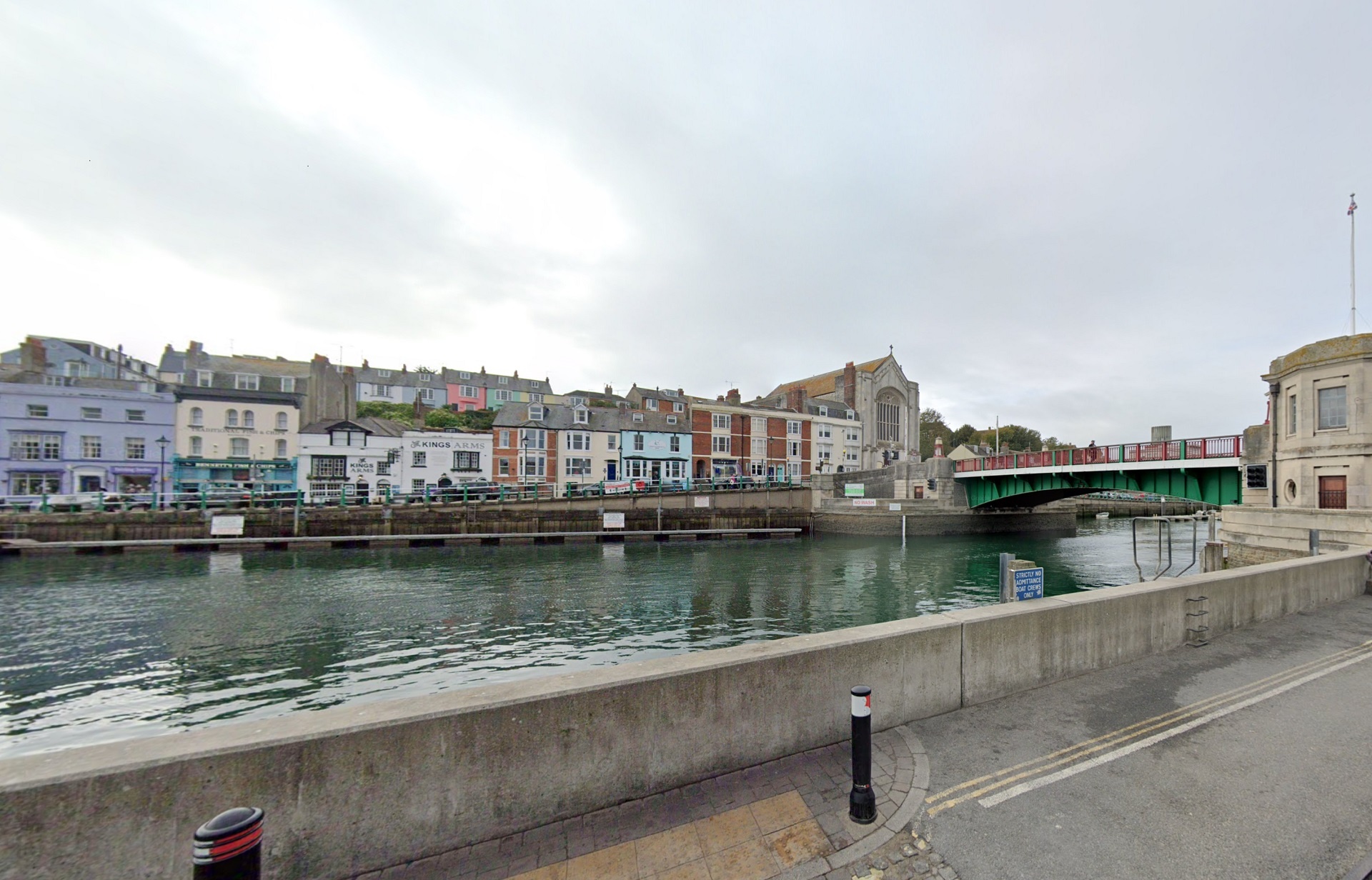For the first time, two gynae charities join forces this month in the South West for an awareness campaign to encourage women to talk to their GP if they experience persistent bloating or other abdominal changes.
Starting from December 13, Ovacome and Go Girls will be working together throughout this month to highlight the signs of ovarian cancer, a disease where symptoms are often confused with the menopause or irritable bowel syndrome.
The charities, backed by a £10,000 National Lottery grant, wanted to target the region as it is home to a high percentage of older women post menopausal and therefore more at risk of ovarian cancer many living in isolation or rural communities.
They are concerned that worry around contracting Covid and not wanting to take up the time of hard-pressed GPs, means that many women will delay discussing the signs of ovarian cancer with healthcare staff.
We know that ovarian cancer is often diagnosed late in normal times, says Ovacomes chief executive Victoria Clare. The problem is that its symptoms bloating, feeler fuller, abdominal pain and toilet changes are so similar to common, less serious issues.
Now with Covid in the picture people are even more likely to delay getting checked out for what on the surface may appear to be fairly innocuous symptoms, leading to more diagnosis at late stages of disease which can be difficult to treat, she adds.
NHS data would back this up, showing that that since the start of the pandemic there has been a worrying reduction in the number of people coming forward with cancer symptoms in general. In September, there was an estimated 22,000 people requiring treatment who were not yet on the NHS pathway.
The main message of the campaign is that women of any age should get abdominal symptoms checked out if they are new and last for more than two weeks. Also, a smear test does not pick up the disease.
The two charities have combined to make sure that we are reaching everyone and telling them that they know their bodies best and to listen to the symptoms, says Victoria. We know that if the disease is caught early at stage one or two the prognosis is far better.
We have awareness material for people to hand out or to put in their GP surgeries and other public spaces when these are safe to visit. And we also want women in the region who have already been diagnosed with ovarian cancer to be aware of us and how we can introduce them to others in their position, so that they dont feel so isolated, says Vic-toria.
Go Girls chief executive Hilary Maxwell agrees: Its fantastic to be working alongside Ovacome to reach women across the South West, she says. Signposting women towards information on key symptoms and when to get checked out is vital. We know the difference that early diagnosis can make and delaying treatment is putting lives at risk.
If you are concerned about ovarian cancer contact Ovacomes freephone support line on 0800 008 7054 or visit www.ovacome.org.uk
















